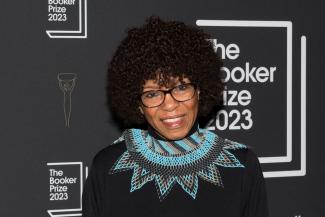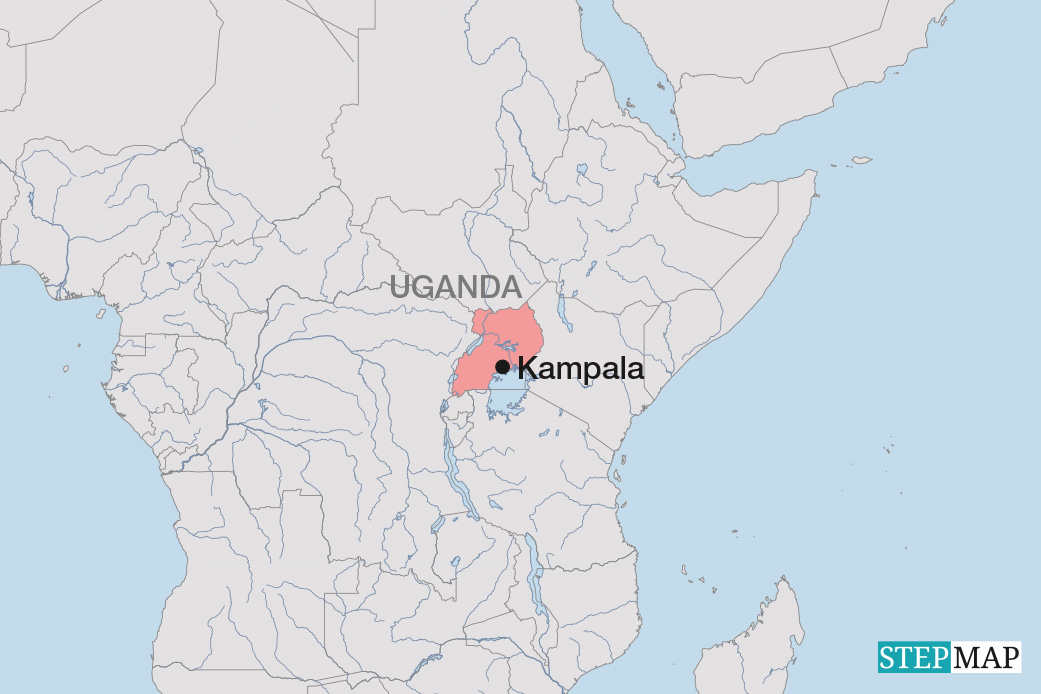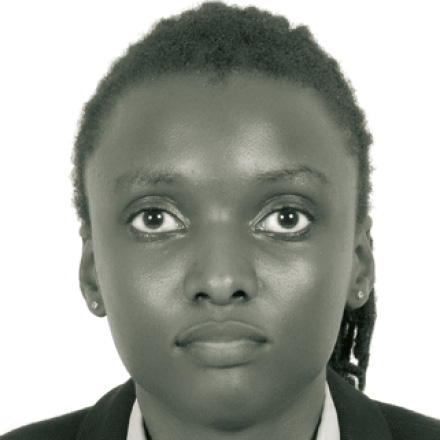Literature
The literary power of Black women writers

In Margaret Busby’s anthology “New Daughters of Africa”, female authors of African descent write about tradition, friendship, gender and identity politics, racism and discrimination. They also write about sisterhood and mutual solidarity.
For the German edition “Neue Töchter Afrikas”, which was published last year, Margaret Busby and a team of Black women from Germany selected 30 pieces of writing, including poems, essays and short stories, written in the last hundred years. The German edition is co-edited and published by Christa Morgenrath and Eva Wernecke as part of the literary and educational series “stimmen afrikas” (voices of Africa).
Andaiye, a Guyana-born writer who died in 2019 at the age of 76, addressed issues of left-wing women’s politics in the Caribbean and the wider world. Her essay “Audre, there’s rosemary, that’s for remembrance” is dedicated to the Black American writer and activist Audre Lorde, who died of cancer in 1992.
In this piece, Andaiye describes how she coped with her own cancer and talks about the support she received from other women, especially Lorde. They encouraged and helped each other when the disease drained their strength. Unlike Lorde, Andaiye managed to beat cancer twice.
London-born Malorie Blackman, whose parents are from Barbados, primarily writes for children and young adults. In ”Letters”, she writes to her daughter about the worst day of her life, which in hindsight turns out to be the best. After being diagnosed with a serious illness and learning that she will not live past the age of 30, she feels she has nothing to lose and decides to devote herself to what gives her strength and fulfilment: writing.
The diagnosis turns out to be wrong. “So, what I thought for too many wasted years was the very worst day of my life – overhearing that I was going to die – well, it turns out it was the very best day of my life. It made me unafraid to take a chance.” Her daughter is still too young to understand all this; hence the letters in which she encourages her daughter to go her own way.
In “Security”, Yvette Edwards – whose works have been nominated for literary prizes in the UK and US – tells the story of a humiliating confrontation with a security guard in a supermarket. Merle just wants to buy a few small items for the journey before her deportation flight to Jamaica the next day. The guard keeps a sharp eye on her, following her around the aisles.
Merle is 78 years old, has lived in England for over 54 years – 40 of them spent working as a geriatric nurse – and has always behaved properly, yet she is regularly followed by security guards like a thief. And she is now about to be deported (we don’t find out the reason for her deportation). Her anger boils over. She plays games with the guard, whose accent suggests that he comes from somewhere in Eastern Europe. She provokes him and chases him. At the exit, she cannot resist the temptation to whisper in his ear: “It’s me today, but tomorrow, they’ll be back for you.”
In her story “Home”, Burundian activist and writer Ketty Nivyabandi, a passionate advocate for social justice and defender of human rights, describes the painful longing that refugees feel for their homeland. In 2015, she was forced to flee her home country Burundi after leading women’s protests in Gitega. “You learn to unlearn yourself,” Nivyabandi writes. “You learn because the alternative is too painful. Because to remember – to truly remember – is to hurt, and your stretch-marked heart can only stretch so far. (...) Sometimes, on a merciful night, the moon will rise just as it used to, under my porch. On such nights, I close my eyes, and I am home.”
Books
Busby, M., ed., 2019: New Daughters of Africa: An International Anthology of Writing by Women of African Descent. New York, Amistad/Harper Collins.
Morgenrath, C., Wernecke, E., Hg., 2023: Neue Töchter Afrikas. 30 Stimmen. Münster, Unrast Verlag.
Dagmar Wolf is D+C/E+Z’s office manager.
euz.editor@dandc.eu















